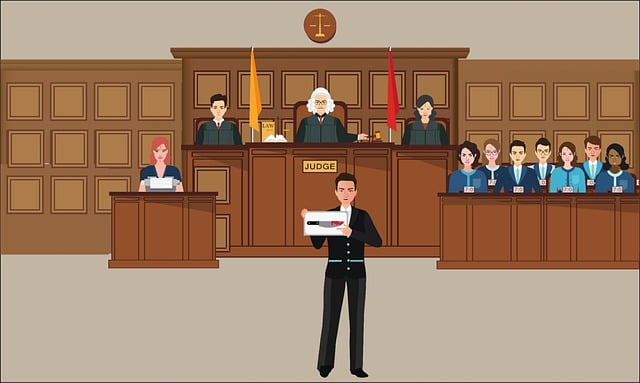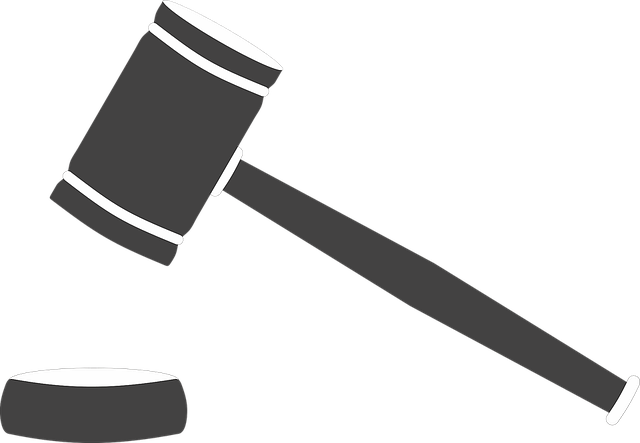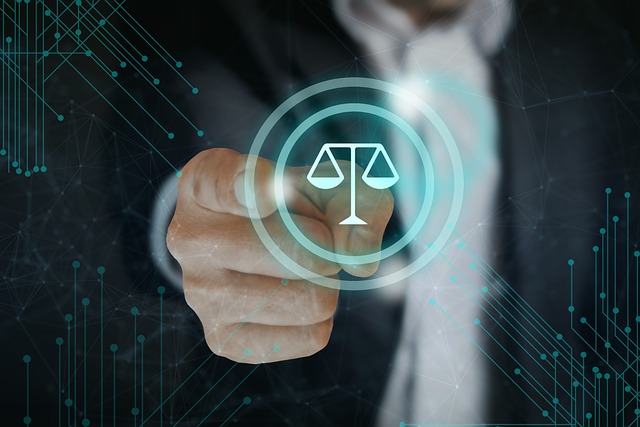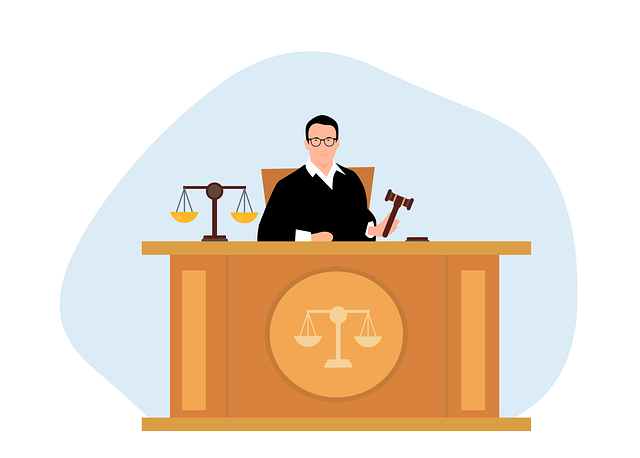Antitrust laws prevent monopolies and promote fair competition, consumer choice, and innovation. Intellectual property rights violation examples like copyright infringement and trade secret misappropriation are illegal and lead to penalties including fines and asset seizures. Adhering to antitrust regulations is vital for businesses to avoid severe consequences and maintain a competitive market environment.
“Antitrust violation cases have become a focal point in regulating competitive markets, ensuring fair trade practices, and protecting consumers. This article aims to shed light on the intricate world of antitrust laws and their significance. We’ll explore common scenarios where intellectual property rights (IPR) violations cross the line into antitrust breaches. By examining notable cases, we’ll highlight the consequences of such actions, providing valuable insights into this complex legal domain. Discover practical examples of IPR violation scenarios that have led to significant antitrust challenges.”
- Understanding Antitrust Laws and Their Purpose
- Common Intellectual Property Rights Violation Scenarios
- Notable Cases of Antitrust Breaches and Consequences
Understanding Antitrust Laws and Their Purpose

Antitrust laws are designed to promote fair competition in the marketplace and protect consumers from anti-competitive practices. These laws aim to ensure that businesses operate within ethical boundaries, fostering a level playing field for all participants. The primary goal is to prevent monopolies and exclusive arrangements that could harm innovation, reduce consumer choice, and drive up prices. By promoting competition, antitrust regulations encourage businesses to innovate, improve efficiency, and offer better products or services at competitive prices.
Understanding these laws is crucial when dealing with potential Intellectual Property Rights Violation Examples, as certain business strategies may fall into gray areas. For instance, while protecting intellectual property is essential for innovation, it should not be used as a guise for anti-competitive behavior. A respective business must respect the boundaries set by antitrust regulations to avoid severe consequences, including a complete dismissal of all charges in cases of white collar and economic crimes.
Common Intellectual Property Rights Violation Scenarios

Intellectual Property Rights Violation Examples are prevalent across various industries, with several common scenarios emerging. One frequent instance is corporate and individual clients engaging in copyright infringement by reproducing or distributing protected works without authorization. This can include unauthorized replication of books, music, films, or software. For example, sharing pirated digital media files or illegally duplicating copyrighted designs can lead to significant legal consequences.
Additionally, trade secret misappropriation is another notable intellectual property rights violation examples. Philanthropic and political communities often rely on confidential information, formulas, or processes to maintain their competitive edge. When such secrets are obtained without permission, it constitutes a breach of trust and can result in legal actions. Avoiding indictment in such cases requires strict confidentiality agreements and robust protection measures to safeguard proprietary assets.
Notable Cases of Antitrust Breaches and Consequences

Antitrust violations have had significant impacts on businesses and industries across various sectors. Notable cases like Microsoft’s antitrust suit in the 1990s highlighted practices that stifle competition, such as integrating software to gain an unfair advantage. This led to a breakdown of market barriers, fostering innovation and choice for consumers.
Another example involves companies engaging in intellectual property rights violation examples, where proprietary technologies are misused or stolen. Such acts can result in severe consequences, including substantial fines, asset seizures, and damage to corporate reputations. Businesses found guilty often face prolonged legal battles, with their unprecedented track record in compliance and ethics being closely scrutinized. This underscores the importance of adhering to antitrust laws not just for legal avoidance but for maintaining a fair and robust business environment.
Antitrust laws, designed to foster fair competition, are crucial in protecting consumers from harmful business practices. By understanding these regulations and their impact on various industries, we can identify and prevent Intellectual Property Rights violation examples that may hinder innovation and raise prices. Notable cases serve as a stark reminder of the consequences of antitrust breaches, emphasizing the need for businesses to navigate these complex laws meticulously. Staying informed and adhering to legal standards is essential to ensuring a competitive yet ethical marketplace.






